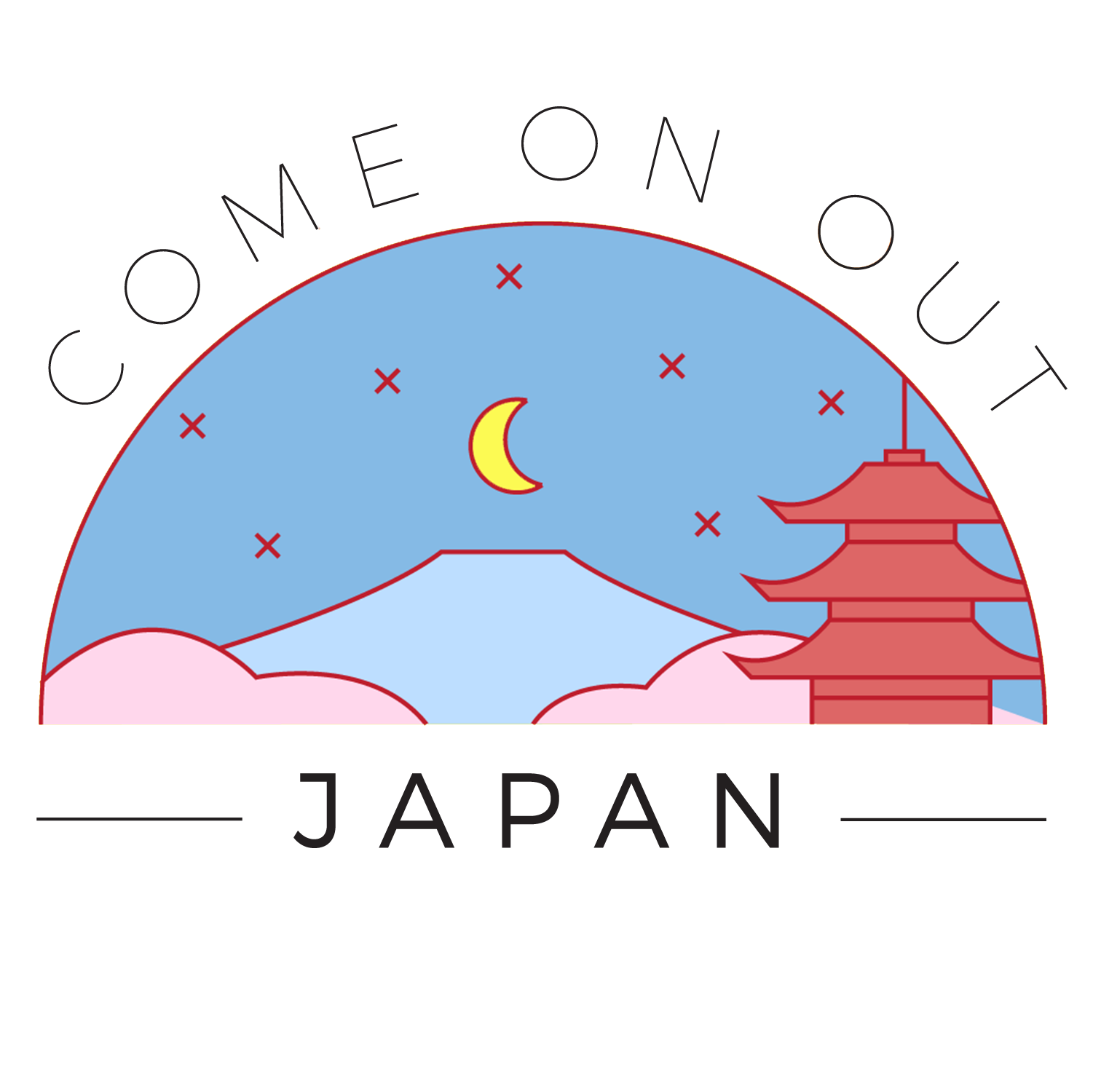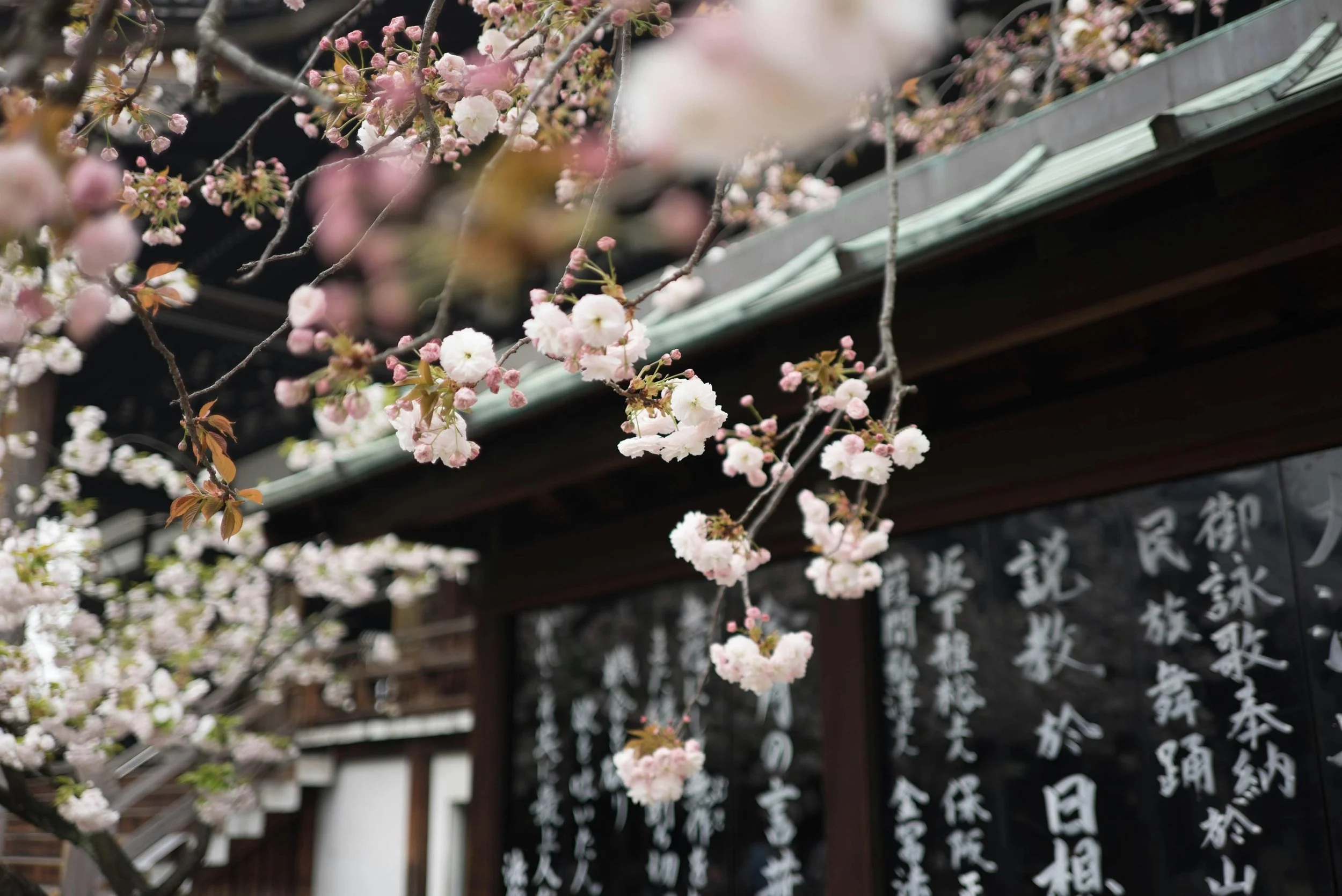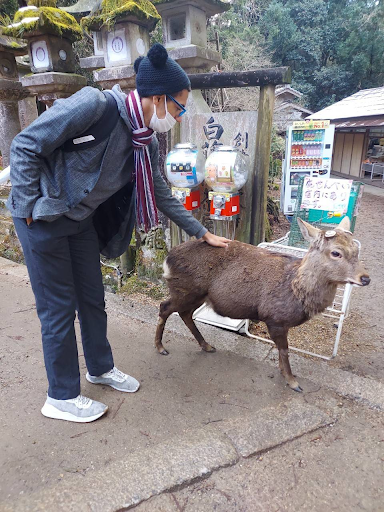by seth bobrowsky, tmp ‘24 mentor
“The dance is called ‘Mayim Mayim’ and we’d like you to do it with us.” — A student at the On Your Mark program asks if I would like to perform a popular Japanese children’s dance in the talent show with our advisory group.
How familiar the name sounded; in my childhood, a world away in California, I would join in a Jewish folk dance by the same name at Bar Mitzvah celebrations with my family and friends.
I dismissed this as coincidence—I thought, five thousand miles away, in a country where Judaism is as rare as forks at the dinner table, there is no chance an old Jewish dance could be popular. Surely, they must be referring to another song.
And yet, when the students began playing the music, the same yearning tune, the same Klezmer flourishes, struck my ear at once. How could it be? I asked if the students knew what Mayim Mayim meant (“Water Water” in Hebrew) and explained that I grew up doing the same dance.
When the talent show came around, my group and I gathered all 80 campers and counselors. After demonstrating the movements, we linked arms and spun in a clapping, cheering loop.
Here is something I never expected: a resounding similarity, a common nostalgia, shared between two groups of vastly different people. Sometimes barriers of language and culture made it easy to feel divided from the students, and we would struggle to bridge the gap in a curriculum packed with valuable and challenging exercises. Then, golden moments like these broke through the walls of language to open deeper understanding. With the music, our differences dissolved. We danced to a melody that connected all of us—no explanation, no translation, necessary.
At the end of a long day and a long week, isn’t that the best medicine?
The story of “Mayim Mayim” captures the essence of the Traveling Mentor Program.
The program is a dynamic intercultural journey that is challenging and hands-on. It carried us across the country, from the urban playground of Tokyo to the verdant rice fields of Himi city to the tranquil tide pools of Miura Peninsula and beyond. From discussing tourism initiatives in a meeting with the Himi City mayor to singing live on Japanese radio with my wonderfully talented colleague Shenn, each day hid a new, unpredictable surprise. In Himi City, a post-beach-cleanup energy burst drove a spontaneous sprint to the water where campers and counselors alike lapped in the shallows, admiring (and avoiding) the jellyfish and starfish sharing in the fun. In Miura, too many cooks in the kitchen led to glorious feasts and jam sessions accompanied by campers on a small upright piano.
Students in every age group astonished me with their intelligence, drive, optimism, and passion not only in their pursuit of English fluency but also in their hopes and dreams to contribute to their communities in meaningful ways. After presenting lectures on my study of political science and life at my university, I was happy to receive individual questions and interest. Later, I was moved to see students I had spoken with empowered to share their newfound inspiration to achieve their goals via political science, or else a renewed interest in higher education. Each day, I saw the students’ confidence blossom. At the end of the week in both Himi City and Fukuoka, I found fulfillment in watching students declare during final speech presentations: this is who I want to be, this is how I want to leave my mark on the world!
Mentorship has always been a pillar in my life. This experience has concretized my mission to continue down its rewarding path. I am proud of the impact I had together with my fellow counselors on the lives of the students. At the same time, I am humbled by the profound wisdom I gathered from the students along the way–not to mention all of the laughter and fun.
Here learning is a two-way street. And even if sometimes it feels like we are moving in different directions, we all move along one road. Just look at us dancing in a great circle to the same song!













